For some people, joining a gang can be a matter of protection, or brotherhood, or lack of economic opportunity. I’d be willing to bet that more gangs than we think are filled mostly with people who are only there because there isn’t anywhere better for them. And once you’re in, it’s not always even an option to leave. These 13 AskReddit users were lucky: they got out. Here’s how.
1. “He wanted…to thank me for sparing his life”
I saved up enough money to put myself through school and to not have to work. All I wanted was enough money to get out. 5 years later I got my masters degree and now I work as an economist in the social services sector.
Haunt me…yeah. When I went to university I changed my Facebook name back to my real name. This guy who started a fight with me back in the day that I got word on and got the drop on got in touch with me asking if I ‘remembered him’. Seeing as how I maimed the guy instead of beating him (at the time I caught serious heat for this because it was construed as weakness) I thought he was getting ready to settle the score. I got in touch with my boys back home and they paid him a visit. Turns out he wanted to reach out to me to thank me for sparing his life and that he had turned his around. So my boys thought that was pretty funny and I had to paypal them all steak dinners and booze money.
2. Red Bandana
I got older and it all seemed stupid. Felt stupid representing a group of 7th grade dropouts. I wanted to represent myself. The ones that arent dead or in prison still live with their parents and all they have going for them in life is that red bandana.
3. So Dumb
Three things. A) Got too old for that stuff B) Joined the Army and C) realized – thankfully not too late – almost shooting someone dead for “talking crap to my boy” wasn’t in my best interest in the long term. I think back to that point and thank God I did not do something so dumb. Cringy.
4. “Most of my friends and enemies are either in jail, or working”
I was involved in one of the Vancouver gangs. I left around 2006 a few months after I got attacked on a rural road by 2 car loads of guys who had meant to shut down our delivery phone. They got one of our customers to call us on a Sunday morning, when they knew most of the people I’d call for backup would be sleeping.
If it wasn’t for some fancy driving on my part, I would have taken a beating from 8 guys with bats and batons. I’m glad I got out when I did, because even though people were killing each other prior to me leaving. They got really comfortable with it in the years after I left.
Past doesn’t really come back to haunt me, I moved away to grow weed in a different area and there wasn’t any “in it for life” mentality. In 2011 I moved back to the area. Most of my friends and enemies are either in jail, or working square jobs for the most part. I work in the hydroponic supplies industry, so I still work with a lot of gangsters from the marijuana industry, but they’re mostly chill dudes who want to work out all the time and play with expensive motorsports toys.
5. “I left it all that night”
I used to be a tag banger as a teenager. Think graffiti crew on the verge of being recognized as a street gang, due to it’s acts of violence and size. It was about 25 of us in a four block radius with a heavy presence in a half mile stretch of a main avenue. The night of August 22, 2003, I was in my room reading Luis Rodriguez’s ‘Always Running’. I heard gunshots a few blocks from my place. Thinking nothing of it I kept reading.
The next morning I found out it was an 18 year old named O, a close friend of mine. He was a member of a gang called 18th Street. He was caught leaving his pregnant girlfriend’s house by four enemy gang members, he was chased down and shot. I, along with three other ‘shotcallers’ from my crew, attended his funeral and burial. After the burial we were approached by an eighteener rep, he told us to show up to a party that night in O’s honor.
That night at the party we were taken to the back of the house were there was a meeting happening. My friend’s older brothers were big time in the gang, one of them calling shots from prison. And the latter wanted blood. The way they saw it O was killed in our neighborhood and as his friends we had to get back at his murderers. We were given an ultimatum, align with 18th street, drop our graffiti crew, and take care of any enemy members in our territory. In return they would provide guns, drugs, and the right to start our own chapter of the gang. If we refused we should either disband or consider ourselves in their crosshairs.
As silly as it all sounds, you’d be surprised how structured and diplomatic street gangs really are. So we gathered up all the guys and talked about it. We were pretty much split. I mentioned the book ‘Always Running’ because it showed me to consider the fact that the world is bigger than a couple city blocks. And O’s death made me question if dying for a few numbers and letters was worth it. I also had a girlfriend who I wanted to marry, not then at 18 but later down the line.
I left it all that night. More than half the guys took up 18 streets offer. Me and the rest were shunned. The following two months saw a surge of violence which capped off with two dumped bodies in the middle of a field. The police cracked down hard soon after.
I moved out of the neighborhood. Years later I married my girlfriend, we had a son, I worked hard while she finished her university studies. My dad still lives in that neighborhood, it is now an 18th Street bastion. I run into some of the guys when I visit dad. Most are in prison, dead, or strung out on drugs. The younger kids are the ones running the streets now. It’s a never ending cycle.
6. The Pattern
Personally, I ended up getting out cause I realized the pattern I was falling into. Before I even turned 18, I had 6 charges on my record, 2 of them felonies and I was on 3rd strike, which basically means if I commit another violent crime I can be locked away for life automatically and any non-violent crime, no matter how small it is, can be an automatic 7 years if they choose. As of right now, since my charges were all between the ages of 13-16, I’ve been told if I don’t get in trouble for the next 10 years after my last charge (2013), I can get my records expunged so that’s what I’m aiming for at the moment but it’s crazy knowing any little thing can send me back for such a long time because of how stupid I was as a teen. A lot of my friends never got the chance to get out, one of my friends is doing 12 years, he’s been in there since he was 17, and another one is doing life so I’m just glad I got out before that happened but I still have to be careful.
7. Teenage Felon
Fortunately (or unfortunately), I got arrested when I was 16 and charged with felony counts. It was reduced and I got my record expunged. After that, and figuring out that the people or “friends” I hung out with pretty much abandoned me right after the arrest, I got serious with my studies/school and stayed away from fights, getting trouble, etc. I think it has also made me more mindful and mature growing up, since I wasn’t too into parties anymore and hanging out — although it’s definitely made me more conflicted with interpersonal relationships and trust even today. I still don’t completely trust the legal system and cops; especially remembering when I was handcuffed and chained with others (my group) and walked out of the precinct and into the police car to be ushered to jail.
At any rate, the only real time it has come to haunt me was being forced to put it into my law school applications. Even if a record is expunged, apparently I still needed to write it in and write an explanation. Hasn’t affected my admissions cycle, but I was pretty shocked but of course not surprised since records don’t just disappear even after being expunged.
8. Brazilian Hooligans
Brazilian here. I was a teenager in the mid-2000’s. Used to hang with a lot of other kids who were also low-middle class and had a lot of time and liberty to be on the streets causing havoc. A lot of them were hooligans (in Brazil hooligans are really common in major cities with big football teams, but it’s somewhat different from those in Europe. People hang in the “torcidas organizadas”, wear uniforms, sometimes carry guns and fight over petty things with people from other “torcidas”. The main goal is to beat and steal the other crews material’s, like shirts, hats, flags and this kind of stuff. Its not uncommon to see people die over this ridiculous nonsense). Anyway, it was a large gang, but no one did heavy stuff, like killing people (even though sometimes someone was packing a revolver or a pistol), at least I never heard of something like that. We used to beat the crap out of other people from other hoods, though. Some of us were REALLY violent. A lot of my friends trained martial arts just for the sake of kicking people’s butts on the street.
I stopped hanging around because some of my friends got arrested for attempted murder, and they just didn’t care even after jail. Some of them also sold weed and I began to wake up to the fact that things were getting more serious. I had a lot of doubts before, after seeing people get wrecked over nothing. Like, random street fights were common. I chose to focus on school, and years later I’m a lawyer with no criminal background, thankfully. My friends from that time are doing okay, I guess. They are alive, and I think that’s a good thing, considering what they used to do and how many enemies they made.
9. “I was making the world a worse place”
When I was 14 I became involved in a criminal organisation. It wasn’t street crime, it was organised crime (they looked down on street crime but for things they were also guilty of).
When I was 16 one of my best friends was killed. That was the first thing that made me think that this wasn’t something I could do forever. After that, the whole thing kind of just broke down. The walls closed in and a few people had to leave the country and some of us that stayed tied up the loose ends and rolled up our thing into the major thing and called it a day.
Psychologically it was that I was making the world a worse place. That was the thing that for me made me want to stop. I didn’t want to contribute to the suffering in the world and in people’s lives and I was. I made my family miserable, my old friends were scared of me, my new “friends” didn’t like me because I was always lashing out, and there were people I’d wronged for no reason.
My past has never come back to haunt me. There are times when somebody will say something but even when I run into people I had disagreements with but we just go our separate ways.
10. “When you are in a gang you are paranoid”
I was in one of the largest and most feared Mexican gangs in Los Angeles. But the crazy thing was that no one outside of my close friends and cousins knew. To the outside world I was a baby faced kid with a comb over that was enrolled in Honors classes his entire life. What made me leave was the fact that I lived by own code (I did not jump people, I didn’t tag and I didn’t steal) and a lot of other members did not like that. My cousins and uncles were shot callers so I was somewhat safe. But I quickly found myself looking over my shoulder. When, you are in a gang you are paranoid. I was originally recruited for my brain and muscle. These however ultimately pulled me away from the gang life. I ended up getting accepted to colleges and took up boxing and MMA. The final push was when I became a Christian my Senior year of high school.
I am currently double majoring in theological studies and computer science. As for my past coming back to haunt me, I did see a ghost the other day. I was on my way to work at 4am and I heard a skateboard rolling behind me. And I noticed its speed was irregular (you learn this after years of paranoia) I clenched my fist ready for some fool to try to mug me. But then I heard someone say my name It was my best friend from high school. His family was from MS-13 a notorious Salvadorian gang. I say I saw a ghost because he was a shell of what he used to be. He ended up getting high on his own supply, being kicked out of his house and beaten out of the gang for stealing (his dad was a shot caller he would have been killed if not for that). That’s my story and the story of so many poor first generation Latino Americans from the hood.
11. Fleeing the Country
I used to be a “big brother” in a certain chivalrous organization. There were a combination of factors for my departure, chief among them was that I had a serious problem with the newer generations and how they perceived power, and quite frankly, I grew tired. Of those that joined our ranks who were from the newer generations, they did not understand basic concepts of honor, respect, or dignity, which added pressure to an increasingly volatile territorial issue that we were facing – they didn’t seem to understand that violence was only meant to be a tool, not just the way we handled every interaction with everybody that we encountered. We filled a niche that law enforcement weren’t traditionally able to accommodate but there was obviously a darker side to our work, and some people were neither mentally nor psychologically capable of handling the dual nature of our existence in society.
There was, what I’d consider, a huge war that erupted a few decades ago when one of the bosses of a large chivalrous organization had passed away naturally of a heart-attack. This left a power vacuum that wasn’t meant to stay empty because of the ambitions of several men who felt that it was their right to step up and fill that absence.
Long story short, there were many of us who were killed and seriously injured. I was shot several times during all of this but managed to survive. At this point, I decided that I had had enough. I had been learning English, Russian, and German, working on becoming fluent in those languages, which was very difficult. During the chaos of the fallout of what had happened, I grabbed my rainy day fund and fled the country to live abroad.
Since then, I have lived simply, without the ostentatious displays of wealth and power that I had been accustomed to. I hated every minute of it initially and wept bitterly over the loss of my possessions, my lifestyle, my brothers, my home.
I now work as a baker, living a much simpler (but more satisfying) life, and I am raising a daughter. I stay away from nightlife, which is incompatible with my work hours and trying to be a responsible parent. I don’t drink or smoke anymore. I am friendly with the people I work with and with customers, but I never talk about myself, preferring instead to ask them questions about themselves – people will tell you anything if you show interest when they talk about themselves (which was one of the key tools I learned back in my past life.) So far, no repercussions from my past as far as I can tell, which is more than what I deserve if I’m being honest.
I imagine someday everything will catch up with me. But I want to shield my daughter from all of that as much as I can. I want her memories of me to be favorable. I want her to believe that I am a boring person who has banal routines and simple pleasures.
12. “It didn’t feel like I was in a gang at the time”
During high school, I was best friends with this guy Mike. Mike was a really mouthy kid though, and would run his mouth to a group of kids that lived in the co-op across the street from our bus stop. Running his mouth turned into a couple small “fights” — mostly the kind of high school fights were everyone stands around mouthing off but not actually throwing punches. Some days, the co-op kids would be waiting for Mike to get off the bus, so every afternoon when the bus dropped us off, we would check to see if these kids were there waiting. If they were, then a group of us would all get off the bus because we wanted to have his back and make sure that he didn’t get jumped.
This went on for a pretty long time before some of the co-op kids started bringing baseball bats and threatening us with them. I think they were just trying to look tough, and I’m not sure that they would have actually done anything, since most of the “fighting” up to that point was really just standing around and swearing at each other. But when Mike’s older cousin (who was in his 20’s) heard about the baseball bats, he went ballistic and showed up the next day with a bat of his own.
That was the tipping point right there. Now these co-op kids started getting their older brothers and cousins involved too. About a week later, Mike got jumped.
Mike’s cousin got a couple of his older friends involved and, before we knew it, people were being attacked. We didn’t go anywhere alone anymore, and usually brought a group of friends and some of the older guys with us. Anytime someone from our group was attacked, our older guys would retaliate, which would cause the other side to retaliate. It was just a circle.
It didn’t feel like I was in a gang at the time. It just felt like we had a group of older guys protecting us but, looking back, I would definitely now say that it was a gang. The problem was that you couldn’t just get out if you wanted to. If I had cut off ties with my group and the older guys, I would have had nobody to protect me and I would have got the life kicked out of me by the co-op kids.
Thankfully, I got into college and left town. During my first year of college, my family moved, so I didn’t have to go back and deal with the gang anymore. In the couple years after I left, I heard that things had really escalated: one of the co-op kids was killed, and one of the older guys on our side also died. Mike and his cousin started dealing weed by the pound, and his cousin was eventually busted and took the fall for that and went to jail.
I don’t think anyone in my group considered it to be a gang even though it was, so they were all understanding when I left for college and when my family moved. I don’t keep in touch with any of them except for Mike, and even then it’s just an occasional Facebook message to see how he’s doing.
That was all about 7-8 years ago and my past hasn’t come back to haunt me, although I’m still very weary that I’ll run into a couple of the co-op kids someday and they’ll still have a grudge against me.
13. “Eventually you just get too old”
I used to have a very serious drug problem, coupled with the fact I grew up in a rough hood, it was inevitable. Basically I needed protection and drugs. Eventually you just get too old for that. Kicked my drug habit several years ago, found an amazing girl and realized I didn’t have to stay in such a dangerous spot. We moved out to the mountains and aside from my police record and my ongoing struggle with addiction, I left those demons back in the city. For real though, you can leave your hood so easily if you want to. Took me so long to realize that.
The post Former Gang Members Recount How They Finally Got Out appeared first on UberFacts.











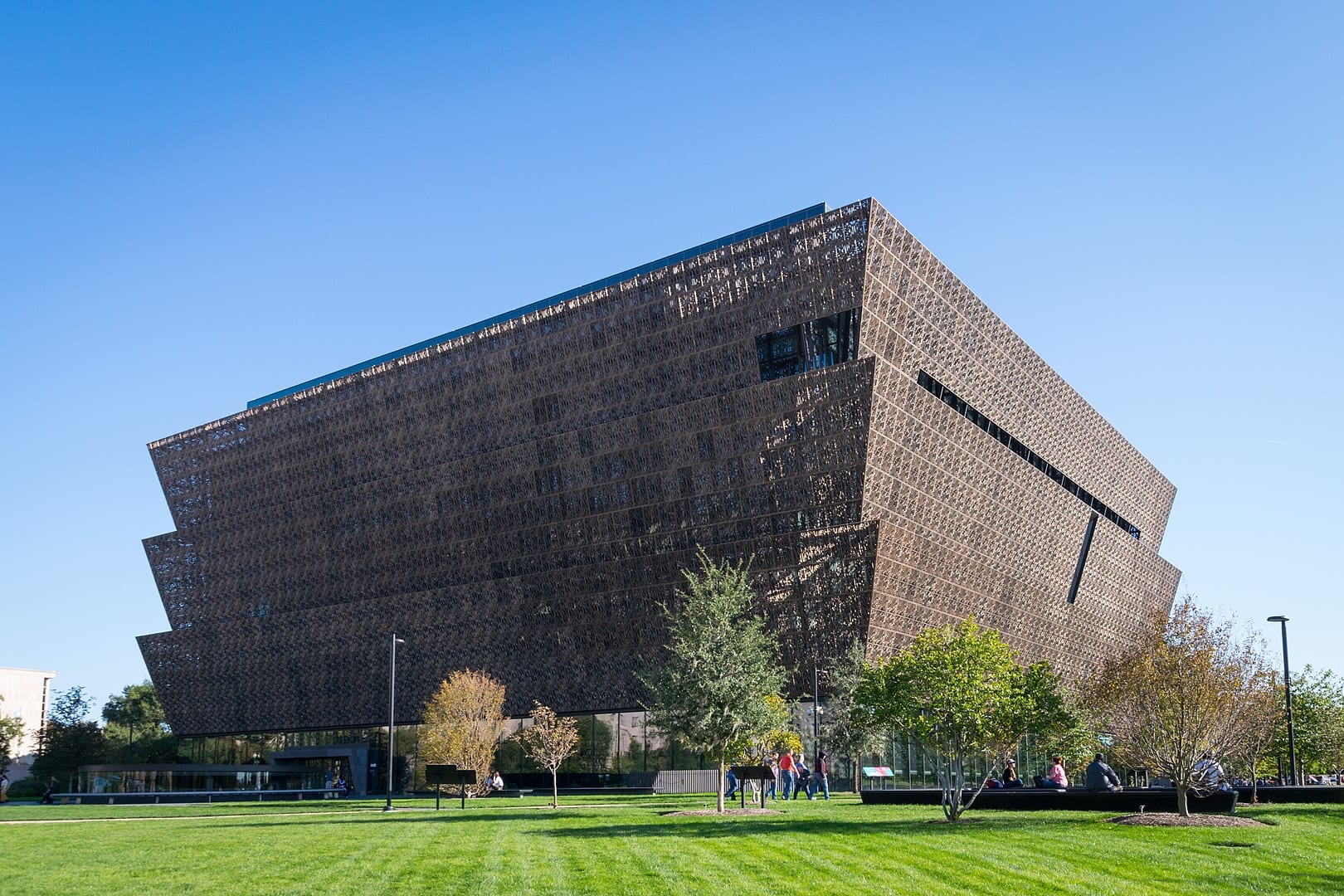
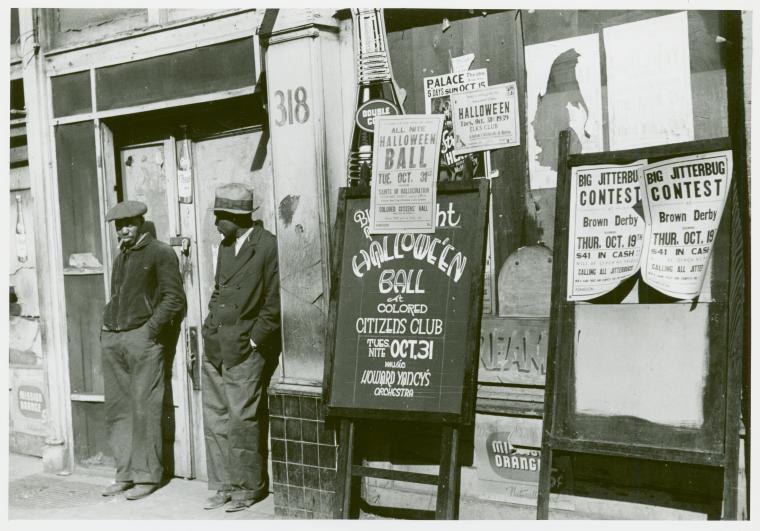
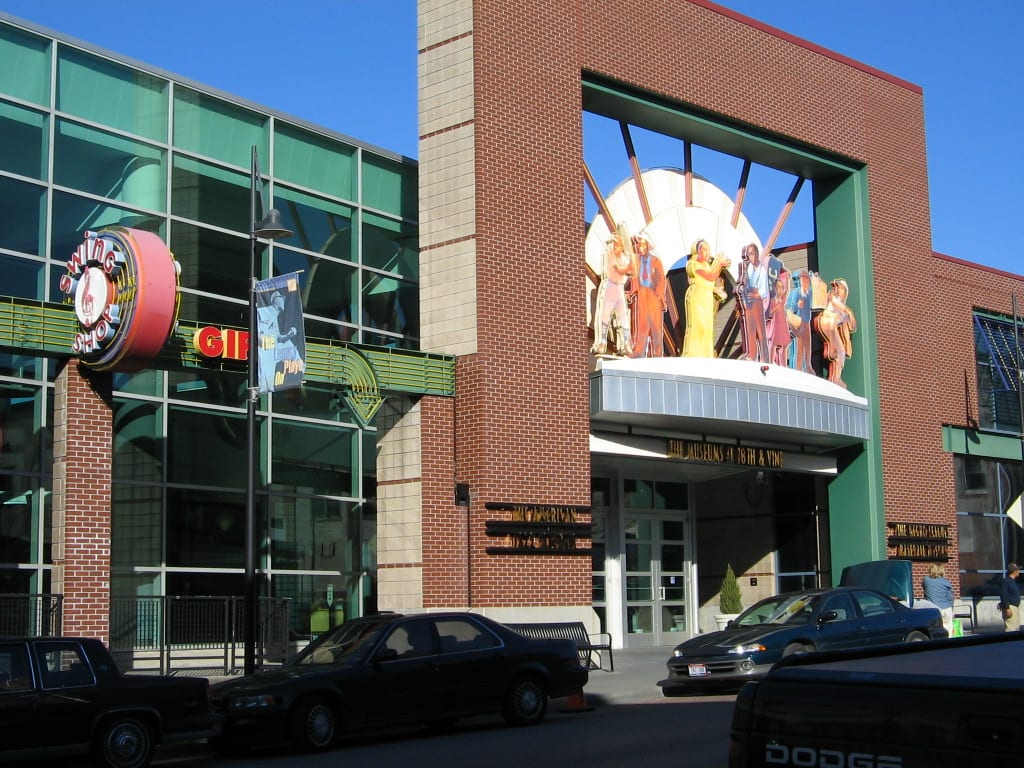


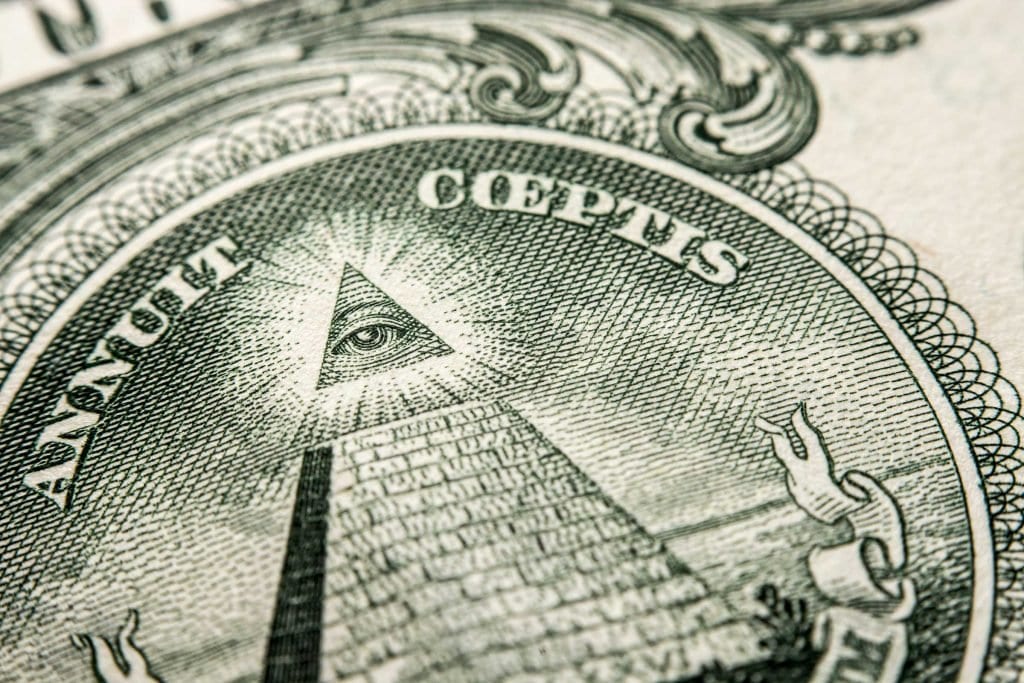
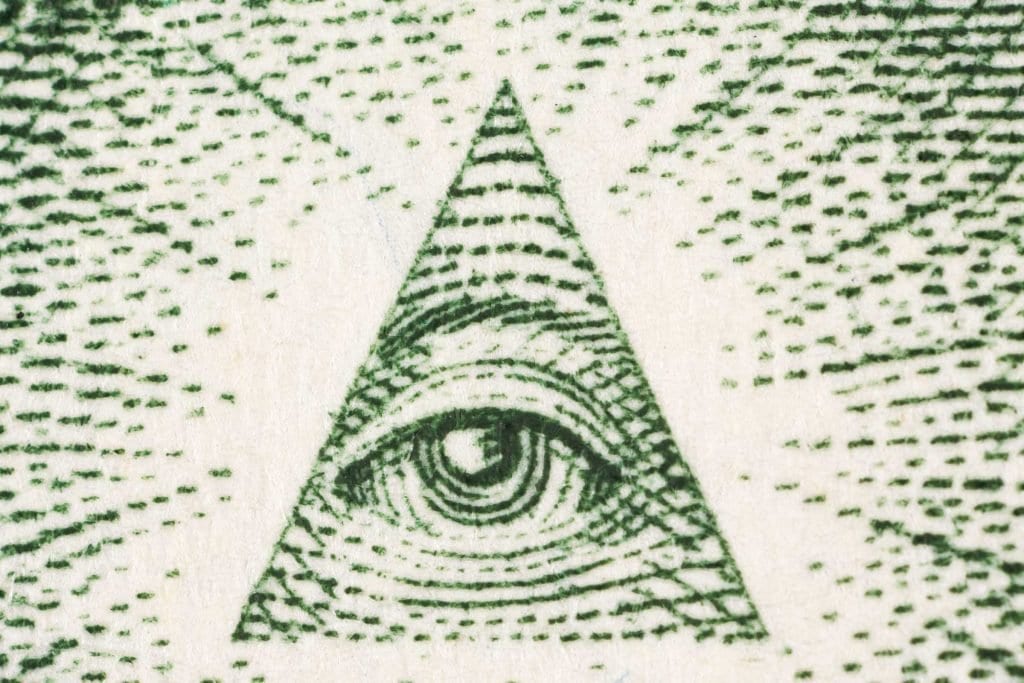



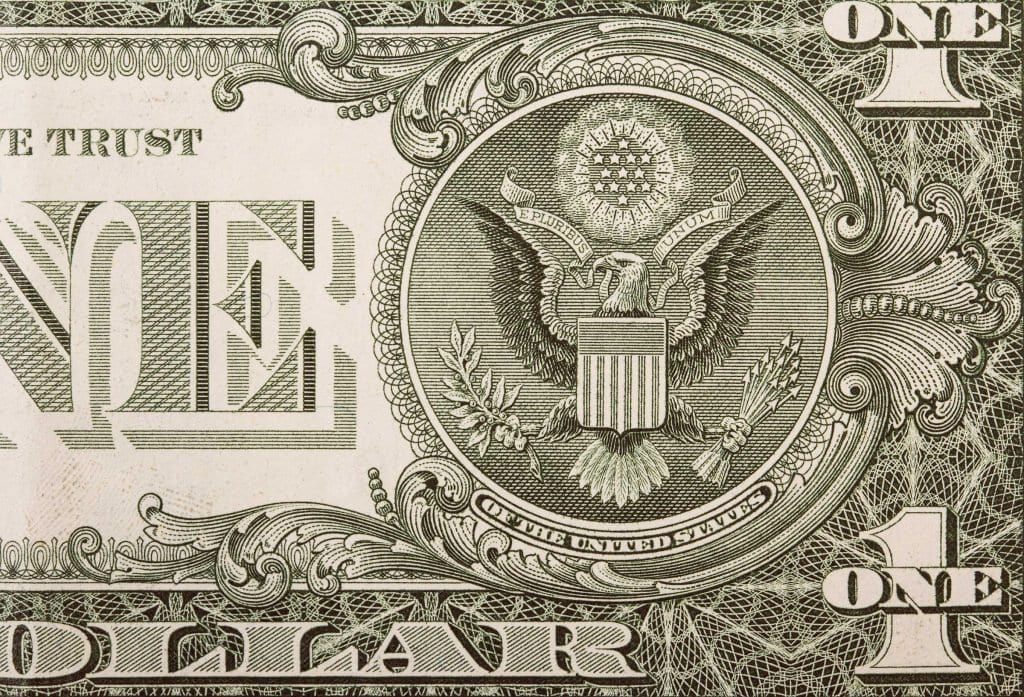



 Devin W (my partner)
Devin W (my partner) 












